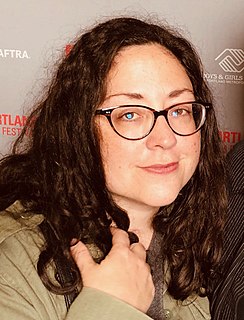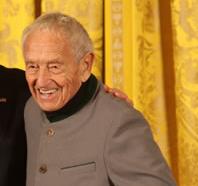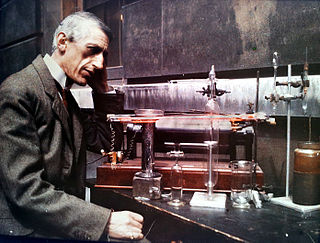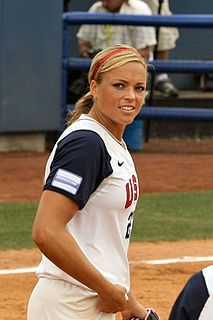A Quote by Leni Zumas
Giving the reader the space to move around and be active, and encourage their active response is important to me. That will connect the reader more to the text.
Related Quotes
We must be forewarned that only rarely does a text easily lend itself to the reader's curiosity... the reading of a text is a transaction between the reader and the text, which mediates the encounter between the reader and writer. It is a composition between the reader and the writer in which the reader "rewrites" the text making a determined effort not to betray the author's spirit.
So we start with an oversignifying reader. Those texts that appear to reward this reader for this additional investment - text that we find exceptionally suggestive, apposite, or musical - are usually adjudged to be 'poetic'. ... The work of the poet is to contribute a text that will firstly invite such a reading; and secondly reward such a reading.
We've clearly entered a period in which the analog of text is no longer important or relevant. All text will be electronic. I accept that fact. My house has thousands of books in it, and I've started to look at them completely differently. They now seem to me to be like antiquarian objects. Their use value has become negligible to me because I'm perfectly happy to read on an e-reader.
I think a play can do almost anything, because it's also a static form, much more so than in a movie. In a movie you can move the scenery, you can do anything any way. A cartoon, happens in a limited amount of space and a limited amount of time, and you can only get so many words before the reader's gonna get impatient. All of these forms that I enjoy are in a sense a slight of hand, where you have to suggest much more than you really show. You have to, in a sense, seduce the reader and trick the reader or the audience into going with you.
Watching a scene from a film in slow motion is possible, but there’s an unreal air to it; reading a passage from a book slowly does nothing to rob the words of their power. A film presents images; a book creates images inside the reader, with the reader’s active participation. Books are good for your brain.



































